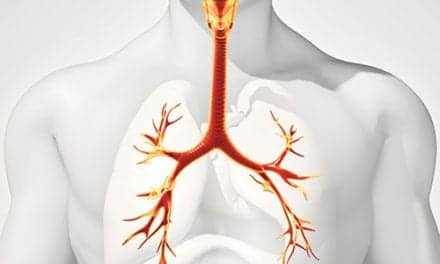New treatments pirfenidone (Esbriet) and nintedanib (Ofev) are helping slow the deadly course of idiopathic pulmonary fibrosis, which is on the rise in the US and worldwide.
The new drugs have been shown to slow progression, and pharmaceutical companies are exploring potential new therapies that may offer improvement to current medicines. They are looking at combinations with other drugs and the use of an approved therapy for basal cell carcinoma, a skin cancer, as a potential treatment for IPF.
Researchers suspect the disease is linked to an exaggerated or uncontrolled healing response, possibly triggered by the immune system, which produces excessive scar tissue in the lungs and thickens the walls of the alveoli, or air sacs. Smoking is one of the most recognized risks. Exposure to wood or metal dust, viral or bacterial lung infections, and a history of acid reflux disease are possible culprits.
New Treatments for Deadly Idiopathic Pulmonary Fibrosis









